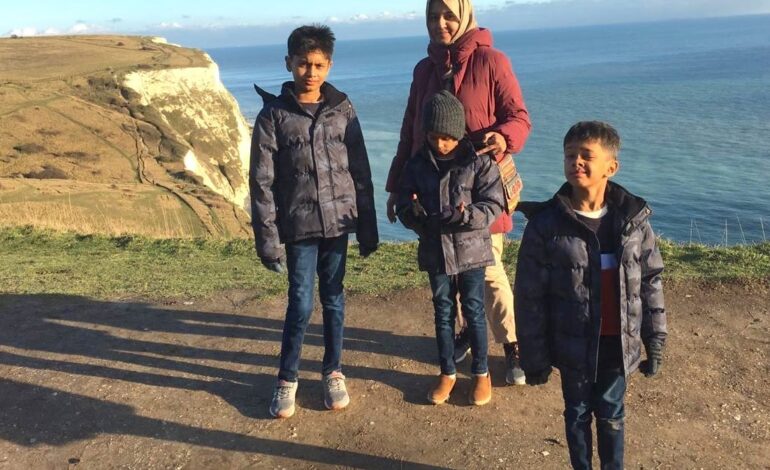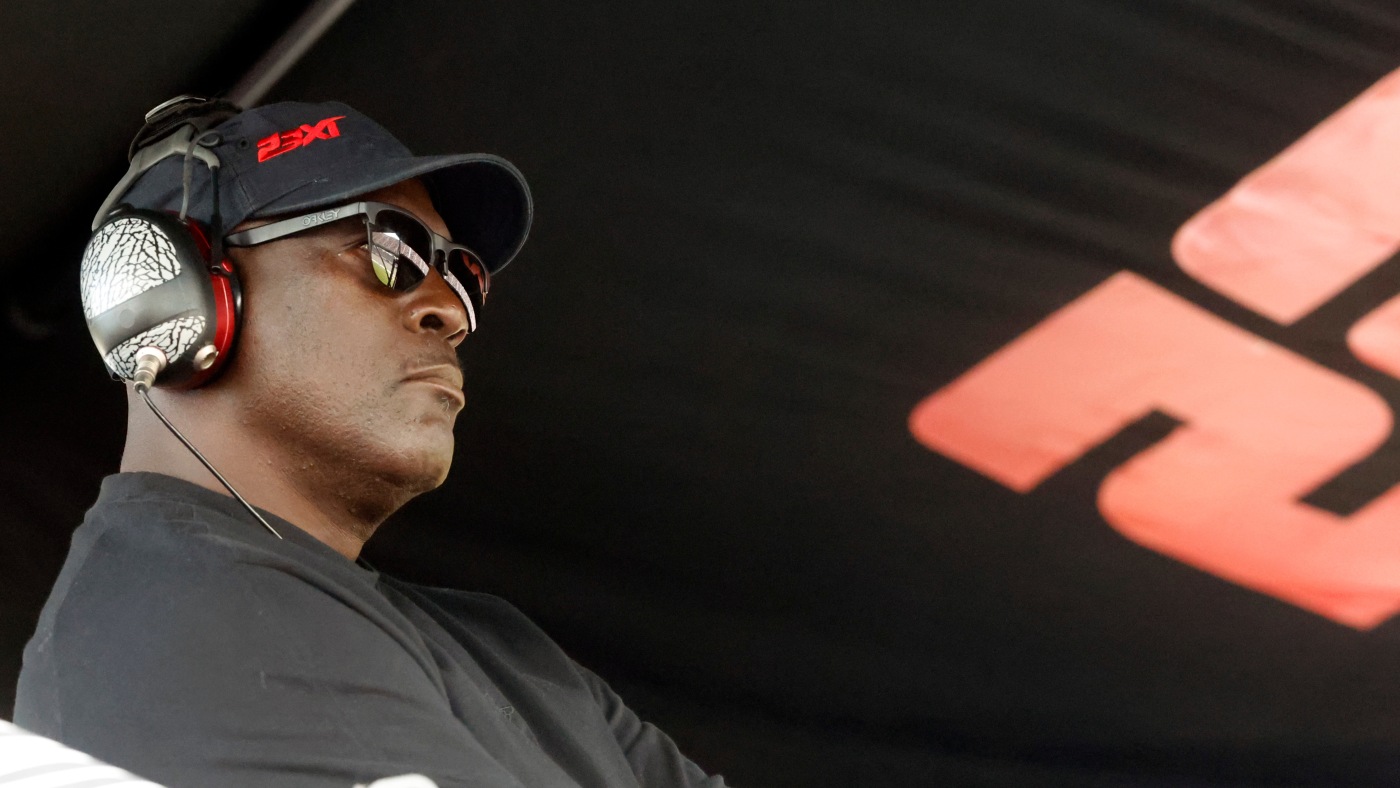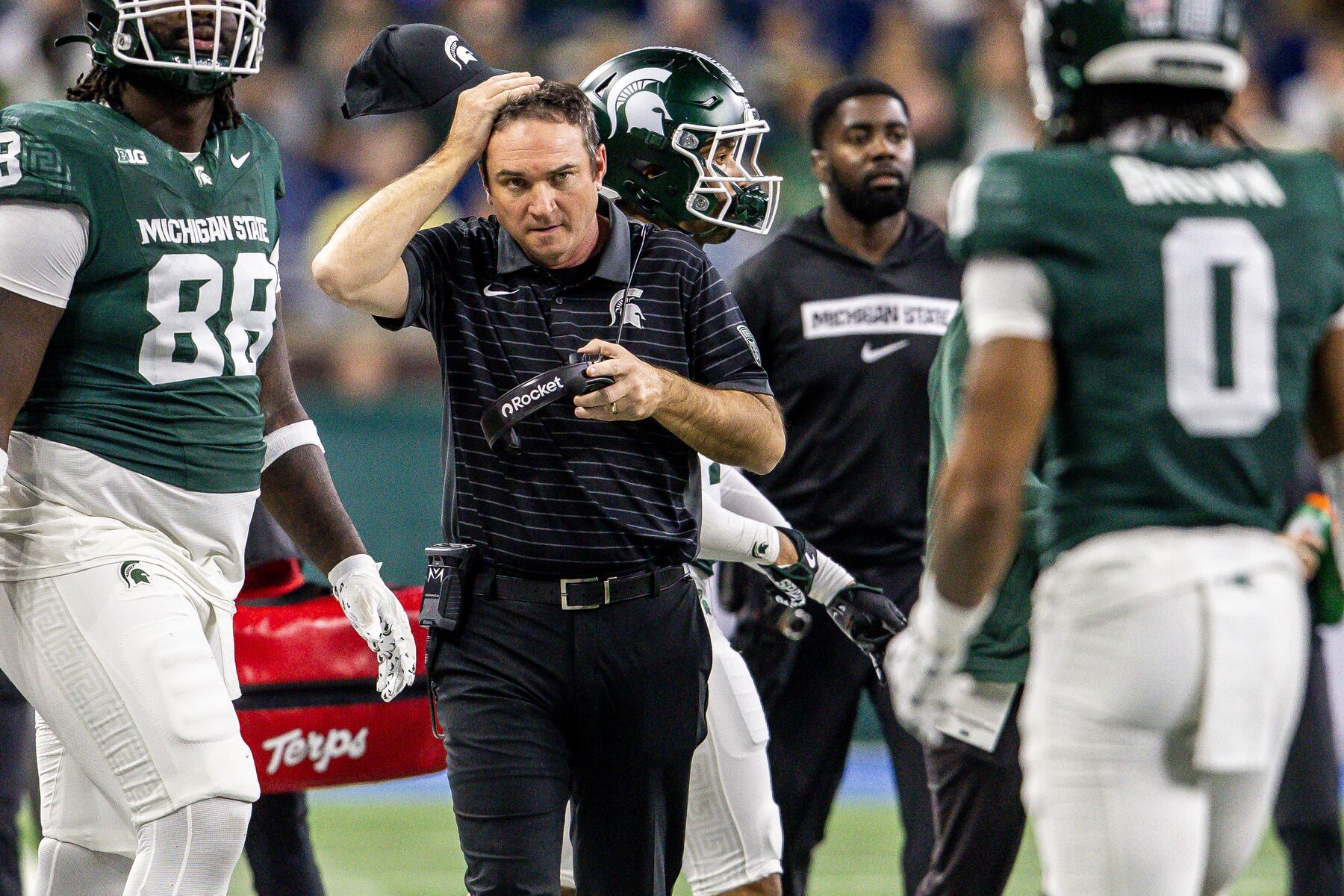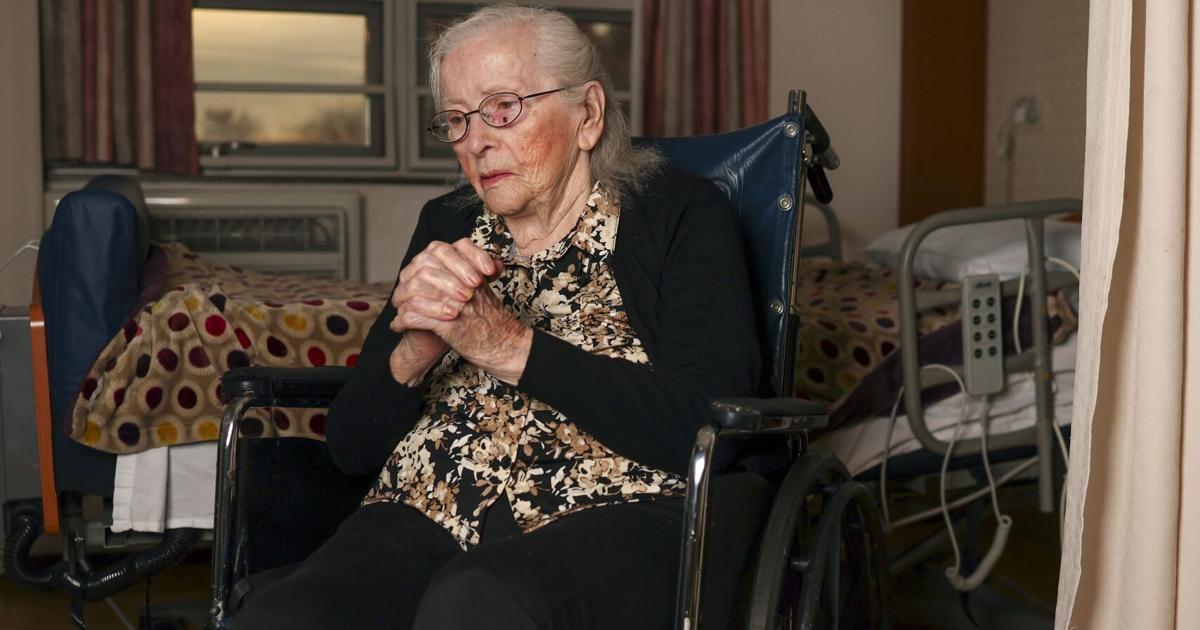Working Mom Challenges Traditional Roles, Inspires Change Today

UPDATE: A working mother’s journey to redefine gender roles within her family is capturing attention as she stands firm against traditional expectations. Neelma Faraz, living with her in-laws in Pakistan, reveals how motherhood ignited her resolve to challenge outdated norms and advocate for equality in her household.
After marrying and moving in with her husband’s parents, Faraz initially embraced the communal living arrangement. However, as she navigated motherhood with three boys, deep-rooted generational differences became increasingly apparent. Her in-laws, holding onto old-school views, expected women to prioritize home and family above all else, leaving little room for personal ambition.
In an eye-opening account shared on Business Insider, Faraz highlights specific incidents that led her to question these norms. “Once, my son spilled juice, and I handed him a mop,” she recalled. Her mother-in-law’s disapproval echoed in the air, signaling a clash of values that could not be ignored.
As Faraz continued her part-time work, she faced persistent reminders from her in-laws that her first duty should be to her home. This pressure intensified after becoming a mother, compelling her to confront the expectations she felt were shaping her children’s understanding of gender roles.
Why This Matters NOW: In a rapidly changing world, Faraz’s story resonates with many families grappling with traditional versus modern values. Her decision to stand her ground is not just about personal choice; it’s a pivotal moment that reflects broader societal shifts towards gender equality and shared responsibilities.
Facing subtle judgments and quiet disapproval, Faraz found support from her husband, who, raised in the same traditional environment, navigated his own internal conflict. Despite the challenges, she held firm to her beliefs, aiming to teach her sons that household responsibilities are not gender-specific and that women can pursue their dreams without sacrificing family love.
Reflecting on 18 years of marriage, Faraz celebrates the progress made within her household. Her sons now willingly engage in chores, understanding that kindness and empathy are essential values. “I want my children to carry forward respect for all roles,” she stated, emphasizing that change is possible when one stands up for what matters.
This transformative journey not only impacts Faraz’s family but serves as a beacon for others navigating similar challenges. As traditional roles evolve, her story highlights the importance of dialogue between generations, showcasing how respect and resolve can lead to a harmonious blend of tradition and change.
As families worldwide grapple with these issues, Neelma Faraz’s experience underscores the necessity of advocating for equality and understanding in today’s familial landscapes. Her commitment to breaking down barriers could inspire others to reflect on their own dynamics, fostering a more inclusive future.
Stay tuned for more updates on how personal stories are reshaping family dynamics globally.






